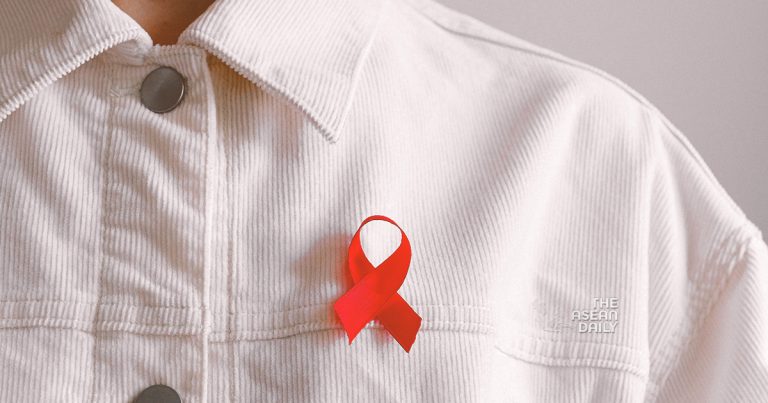1-12-2023 (BANGKOK) Startling data released by Thailand’s Department of Disease Control reveals that nearly half of the annual 9,000-plus new HIV infections in the country occur among individuals aged 15 to 24. Dr. Suchada Jiamsiri, Chief of the Division of AIDS and Sexually Transmitted Infections (STIs) at the Ministry of Public Health’s Department of Disease Control, highlighted the persistent trend of infections in this age group.
Historically, the highest infection rates were observed among sex workers and men who have sex with other men (MSM), Dr. Suchada reported during an interview with the Bangkok Post on the occasion of World AIDS Day. She expressed concern that the youth’s lack of attention to the disease and reluctance to use condoms contribute significantly to the rising numbers.
Dr. Suchada explained that young people seem more focused on preventing unwanted pregnancies through methods like birth control pills, which have successfully reduced teenage motherhood. Unfortunately, condoms are often viewed as a last resort due to perceptions that they may diminish the enjoyment of sex. She emphasized the urgent need to raise awareness about the importance of condom use among the youth.
The latest survey conducted by the Department revealed that 77.8% of female middle school students and 59.1% of male students use condoms. Among vocational school students, the figures stand at 77.6% for females and 72.5% for males. Dr. Suchada underscored collaborative efforts with civil society to convey a strong message that safe sex is crucial in preventing HIV/AIDS.
Despite the concerning rise in infections, state budget allocations for HIV/AIDS management have decreased as the issue is perceived to be less prominent. Concurrently, foreign funding supporting local HIV/AIDS prevention projects has also dwindled. The National Health Security Office (NHSO) remains a pivotal organizer, offering policies on HIV/AIDS prevention and providing over 10 million free condoms annually, along with drugs and tests in hospitals.
Presently, Thailand has 561,578 people living with HIV. The government has committed to a global initiative to end HIV/AIDS by 2030, aiming to reduce new infections to less than 1,000 per year from the current 9,230 cases. Similarly, the target for deaths linked to HIV/AIDS is less than 4,000 cases per year from the current 10,970 cases.
Thailand is on track to achieve the United Nations’ 95-95-95 Global AIDS Strategy by 2025, aiming to diagnose 95% of all HIV-positive individuals, provide antiretroviral therapy for 95% of those diagnosed, and achieve viral suppression for 95% of those treated.
As of the end of 2022, approximately 90% of people living with HIV/AIDS were aware of their status. About 90% of diagnosed individuals were on treatment, and 97% of those on treatment achieved suppressed viral infection, preventing transmission to others, according to Dr. Suchada.




